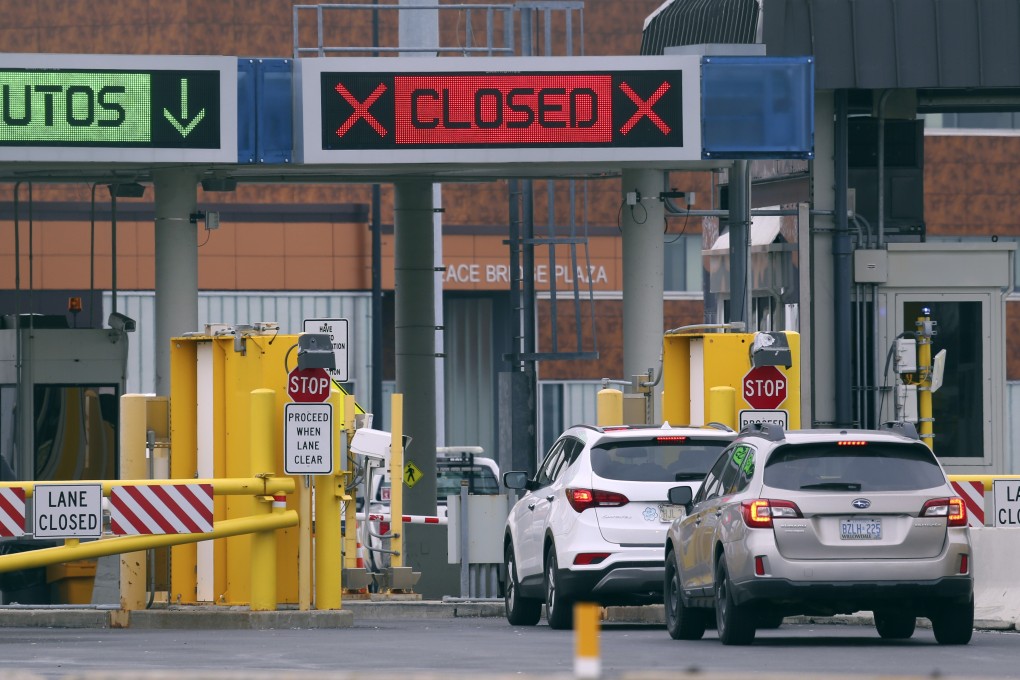My Take | In Covid-19 spread, China and the West have reversed roles
- When you see nations or people in deep trouble, react with compassion and humility – because you may be next

Mainstream American policymakers and influencers tend to assume an air of moral and intellectual superiority when other countries and societies run into trouble and have to make difficult decisions. Their attitude is almost always “I told you so” rather than “I feel your pain.”
But what goes around comes around. When the same or similar disasters strike, Americans – and often British and Europeans – end up responding in similar ways.
When China first imposed draconian measures to halt the Covid-19 outbreak, The New York Times and The Wall Street Journal, among others, described them as “medieval”. In one particularly notorious WSJ opinion piece that caused a diplomatic spat, China was again called “the sick man of Asia”.
Now, of course, the number of new cases is falling dramatically in China but rising rapidly in Europe and the United States. Suddenly, every government is closing borders, restricting the movements of people, shutting down businesses and schools, banning large gatherings and/or putting millions under quarantine.

Was it pointless for Chief Executive Carrie Lam Cheng Yuet-ngor to hand out HK$10,000 (US$1,300) to every Hongkonger? Perhaps. But the White House is now proposing to give US$1,000 to every American, as well as lowering taxes and deferring tax payments, which sounds a lot like some of Lam’s relief measures.
